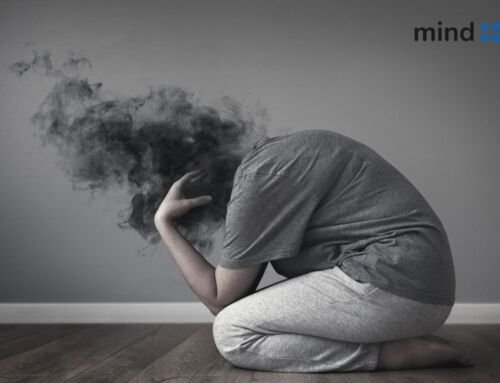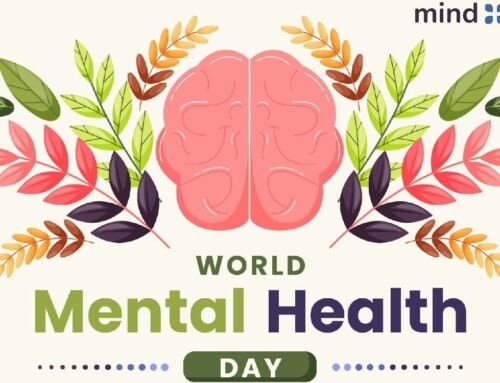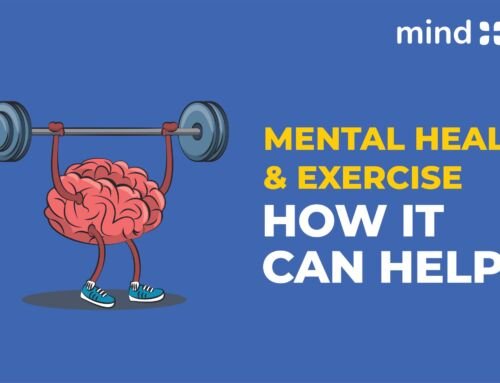Warning signs of Mental illness or how a person can know that he is suffering with Mental illness
By Saima Bano, Clinical Psychologist
Everyone experiences change in their feelings, ideas, and actions. However, these changes can be symptoms of a mental illness if they impair a person’s ability to carry out daily tasks. There are many different types of mental illness, such as schizophrenia, bipolar disorder, depression, and anxiety disorders. Rarely do serious mental diseases like schizophrenia or bipolar disorder “come out of nowhere.”
Most frequently, before a disease manifests in its full form, family, friends, teachers, or even the affected person themselves start to notice small differences or a sense that “something is not quite right” about their thinking, feelings, or behavior so it can be difficult to differentiate between actions that are normal and those that can indicate a mental disorder and there is no quick test that can determine whether a person is suffering from a mental disorder. Frequently, those around the person will notice little variations in your behavior prior to the symptoms seriously affecting you.
It might be helpful to become aware of emerging symptoms or early warning signs and take appropriate action. An illness’ severity can be lowered with early intervention. Even the onset of a severe mental disorder may be postponed or prevented.
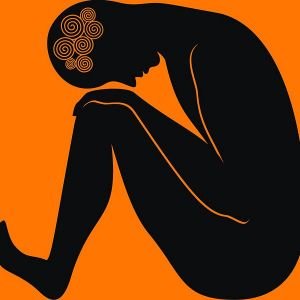
Signs and Symptoms
Consider visiting a mental health expert if a number of the following things happen.
- Changes in sleep or appetite – Dramatic changes in sleep or appetite or a reduction in personal hygiene
- Mood swings – Dramatic fluctuations in emotions, either feeling very happy or feeling low
- Withdrawal -Recent withdrawal from social interaction and a loss of pleasure in once-enjoyed activities
- Inability to function – An unexpected decline in performance at work, school, or in social activities, such as abandoning a sport, failing a class, or having trouble doing routine chores.
- Thinking difficulties -Difficult in attention and concentration.
- Heightened sensitivity– Avoiding overstimulating environments and increasing awareness of sights, sounds, scents, and touch.
- Apathy– Loss of willingness or initiation to engage in any day-to-day activities.
- Feeling disconnected– A general experience of being cut off from oneself or one’s surroundings; an unreal perception of reality.
- Illogical Thinking– Unusual or excessive notions of one’s capacity to interpret circumstances or shape them; irrational or “magical” thinking reminiscent of childhood in an adult.
- Nervousness – A strong feeling of apprehension or suspicion toward others.
- Unusual behavior– Odd, untypical, or unique behavior.
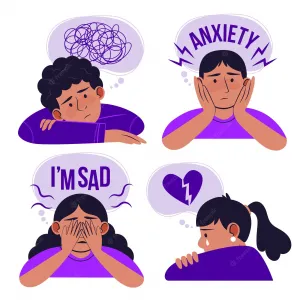
A mental disease cannot be predicted by one or two of these symptoms alone, but they may point to the need for more testing. A mental health specialist should be consulted if a person is having numerous at once and the presenting symptoms are seriously impairing their capacity to learn, work, or interact with others. People who have suicidal ideas and thoughts or self-harming behavior and plan to hurt themselves or others require a quick assistance.


